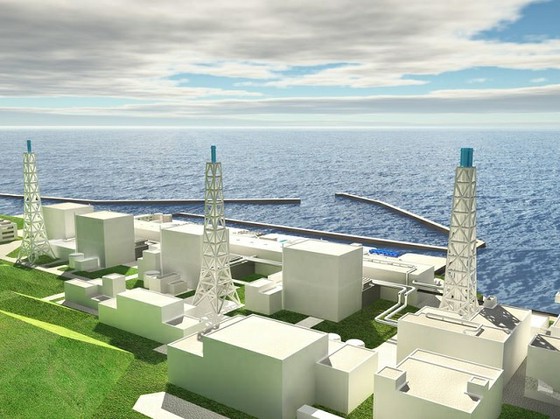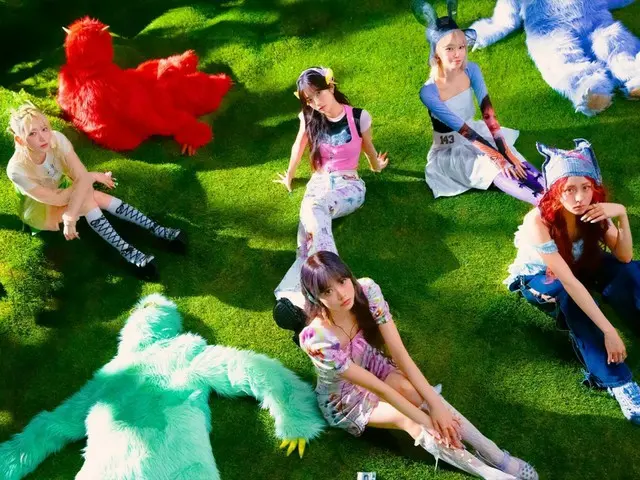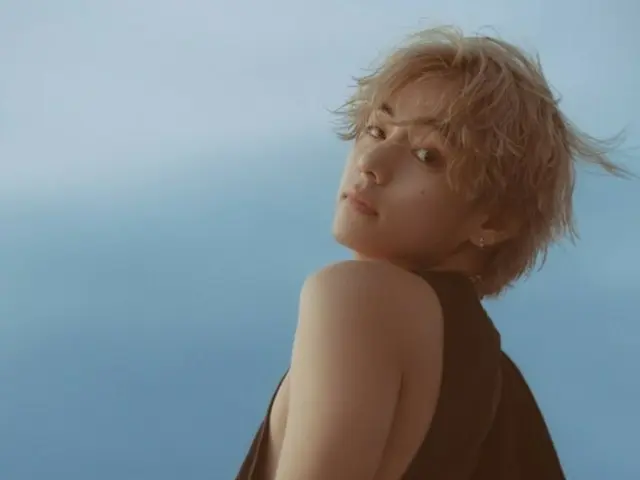 |
In April 2021, the Japanese government made a cabinet decision on the plan to release treated water from the Fukushima Daiichi Nuclear Power Plant into the ocean. At the time, the South Korean government criticized the decision, saying, "It is regrettable that the Japanese side made a unilateral decision."
With opposition from the South Korean opposition parties and growing anxiety among the South Korean public, the South Korean media still refers to the treated water as "contaminated water." At the Japan-South Korea summit meeting held in May, Prime Minister Kishida and President Yoon Seo-gyul agreed to send a delegation of South Korean experts to Japan to inspect the site. Based on this, South Korea organized an inspection team consisting of a total of 21 people, including nuclear power and radiation experts, and came to Japan in May. They visited the Fukushima Daiichi Nuclear Power Plant and checked the equipment used to dilute the treated water, the equipment used to release it into the sea, and the facility to analyze the radioactive substances contained in the treated water. He also held meetings with officials from the Ministry of Economy, Trade and Industry and the Nuclear Regulation Authority.
On the 4th of last month, the International Atomic Energy Agency (IAEA) released a comprehensive report on its release plan. It concluded that "Japan's approach to release is in line with international safety standards." Immediately after that, the South Korean government also announced its own verification results, and indicated a certain understanding that the release plan "confirmed that it meets international standards such as the IAEA."
At the Japan-South Korea summit meeting held in Lithuania on the 12th of last month (local time), Prime Minister Kishida once again explained the release plan to President Yoon. He said that he is committed to safety and that there will be no adverse effects on health or the environment. He also explained that if the concentration of radioactive substances in the treated water exceeds the standard value, the release will be suspended. President Yoon conveyed the Korean government's position that it respects the IAEA report issued earlier.
On the afternoon of May 18th (local time), Prime Minister Kishida and President Yoon met again at Camp David, a presidential villa near Washington, D.C., but the release did not come up on the agenda. At a press conference after the talks, President Yoon said he had "confidence" in the verification results presented in the IAEA's comprehensive report. On the other hand, he pointed out, "There needs to be a responsible inspection by the international community to see if things are being handled as planned."
Lee Jae-myung, leader of the largest opposition party, the Minjoo Party, criticized this, saying, "Even though it was the last chance to prevent the release of the North into the sea, President Yoon would rather take the side of Japan."
South Korean opposition parties such as the Minjoo Party have consistently opposed the release of treated water. The party also criticized the IAEA's comprehensive report, which concluded that "Japan's efforts to release nuclear weapons are in line with international safety standards." Last month, some members of the same party held a protest rally in front of the prime minister's official residence.
South Koreans are deeply concerned about the release, and on the 18th of this month, a civic group submitted about 1.87 million signatures from citizens opposing the release to the presidential office.
In response to the Japanese government's decision on the 22nd to start the release as early as the 24th, the Korean paper office accepted it on the 22nd, saying, "We have determined that there are no scientific or technical problems with the release plan of the Japanese side." He reiterated his position. On the other hand, it does not mean that the South Korean government supports the release, saying, "If the release is carried out in a way that is even slightly different from the plan, it will threaten the safety and health of the South Korean people, and I will ask the Japanese side to stop the release immediately. I request you," he said.
On the other hand, the opposition Democratic Party held an emergency parliamentary general meeting, and Lee said, "In the end, Japan chose the worst environmental destruction. committed an evil deed of dumping into the public sea of mankind," he strongly criticized. He also criticized President Yoon, saying, "He stood by Japan's outrageous decision and acted as a shield."
Citizen groups held protests in front of the Japanese embassy in Seoul and in Yongsan, Seoul, where the president's office is located.
2023/08/23 13:40 KST


